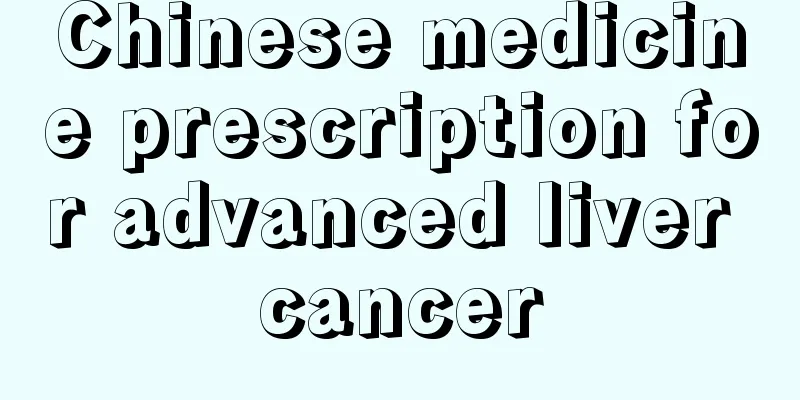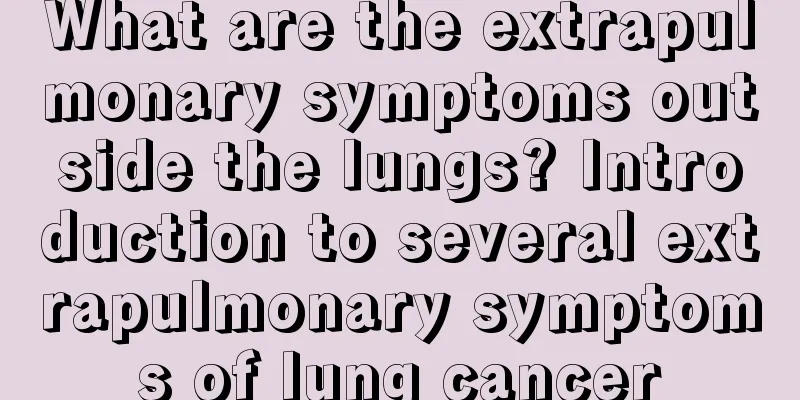What are the chemotherapy options for nasopharyngeal carcinoma?

|
With the progress of the times, people's living standards are getting higher and higher. While you are enjoying life with your family, have you ever thought about paying attention to some cancers? Although modern technology is advanced, due to the hidden nature of nasopharyngeal cancer, the symptoms of early cancer patients are extremely unclear. Clinically, most nasopharyngeal cancer patients have obvious symptoms in the middle and late stages. Here, we remind our friends that even if you are not sick, you should pay attention to it. Even if you don't consider yourself, you should consider your family. The health of your family is your own health. Commonly used chemotherapy methods for nasopharyngeal carcinoma in clinical practice mainly include induction chemotherapy, adjuvant chemotherapy, concurrent chemoradiotherapy combined with radiotherapy, concurrent chemoradiotherapy + adjuvant chemotherapy, etc., which have greatly improved the efficacy and clinical symptoms in the treatment of nasopharyngeal carcinoma. 1. Induction chemotherapy : Induction chemotherapy can quickly relieve various adverse clinical symptoms of nasopharyngeal carcinoma patients and relieve the pain of patients. Especially for patients with locally advanced nasopharyngeal carcinoma, it can improve the efficacy to a certain extent, reduce the chance of recurrence, and effectively control distant micro-metastases. For patients with advanced nasopharyngeal carcinoma who are not suitable for radiotherapy, induction chemotherapy can be fully implemented to stabilize the condition. The effectiveness of induction chemotherapy is a powerful indicator for predicting the prognosis of nasopharyngeal carcinoma patients. The next treatment plan can be determined based on their response, which has a profound impact on improving long-term efficacy. 2. Adjuvant chemotherapy : Currently, there are few phase III clinical studies on adjuvant chemotherapy, and most of them have no positive results. It is particularly important to explore new effective drugs and appropriate dosage strengths, select highly effective and low-toxic drugs, and reduce their toxic reactions in adjuvant chemotherapy for nasopharyngeal carcinoma. 3. Concurrent chemoradiotherapy : Research reports indicate that the use of concurrent chemoradiotherapy with platinum can achieve good results in the treatment of NPC. Phase III clinical trials have found that concurrent chemoradiotherapy can significantly improve the local control rate of patients with locally advanced NPC, significantly delay or prevent distant metastasis of NPC, and has a definite effect in improving survival rate. However, its toxicity cannot be ignored, especially for patients who have undergone induction chemotherapy, who cannot tolerate strong toxic side effects. We recommend that traditional Chinese medicine be combined with induction chemotherapy, adjuvant chemotherapy or concurrent chemoradiotherapy to enhance efficacy and reduce toxicity, which has a good synergistic effect on the treatment of NPC. 4. Concurrent chemoradiotherapy + adjuvant chemotherapy : In recent years, concurrent chemoradiotherapy + adjuvant chemotherapy has been used as the standard treatment for locally advanced nasopharyngeal carcinoma in some areas. Research results show that chemotherapy or radiotherapy alone is less effective. Combination therapy can effectively improve local control rate according to the patient's condition, but the toxicity is also greater. Traditional Chinese medicine can be used to reduce the toxic side effects of chemoradiotherapy and improve the patient's quality of life. The above is the introduction to "What are the chemotherapy options for nasopharyngeal carcinoma?" When the above symptoms appear, patients should go to a regular hospital for treatment. Early detection and early treatment can effectively cure nasopharyngeal carcinoma. People who are related to the pathogenic factors of nasopharyngeal carcinoma are advised to take preventive measures for nasopharyngeal carcinoma. If you have other questions about nasopharyngeal carcinoma, please consult our experts online or call for consultation. Nasopharyngeal cancer http://www..com.cn/zhongliu/bya/ |
<<: What are the symptoms of bone cancer
>>: What are the symptoms of brain cancer metastasis
Recommend
Can I use a belly band while sleeping?
Belly belts are not unfamiliar to many people, es...
What are the wonderful uses of vinegar soaked eggs
Eggs soaked in vinegar are a very traditional foo...
Honeycomb wine dip recipe
Honeycomb is a food with certain nutritional valu...
Ten eating habits that can help you live longer
Speaking of longevity, almost every year someone ...
Cost of mid-term chemotherapy for ovarian cancer
If ovarian cancer chemotherapy is performed in a ...
What is missing if the skin is dry all over the body
People's skin is easily affected by the exter...
What are the treatments for nasopharyngeal carcinoma
With the continuous development of my country'...
What vegetables can improve immunity?
The strength of human immunity is not only relate...
Can garlic juice treat rhinitis? Three small folk remedies for treating rhinitis
Garlic is one of the commonly used condiments in ...
27 common mistakes made by “healthy people”
Choose healthy foods carefully, exercise hard, an...
Let me tell you about the complications of esophageal cancer
There are many complications in the late stage of...
The best treatment for skin cancer
Skin cancer is not a common disease and its incid...
What to do after eating ginkgo pulp
Many people are familiar with ginkgo nuts. We all...
Specific method of making aloe vera skin infusion by yourself
Aloe vera skin care is a popular beauty care meth...
How long will it take to lose weight after giving birth?
In real life, many women are prone to obesity aft...









